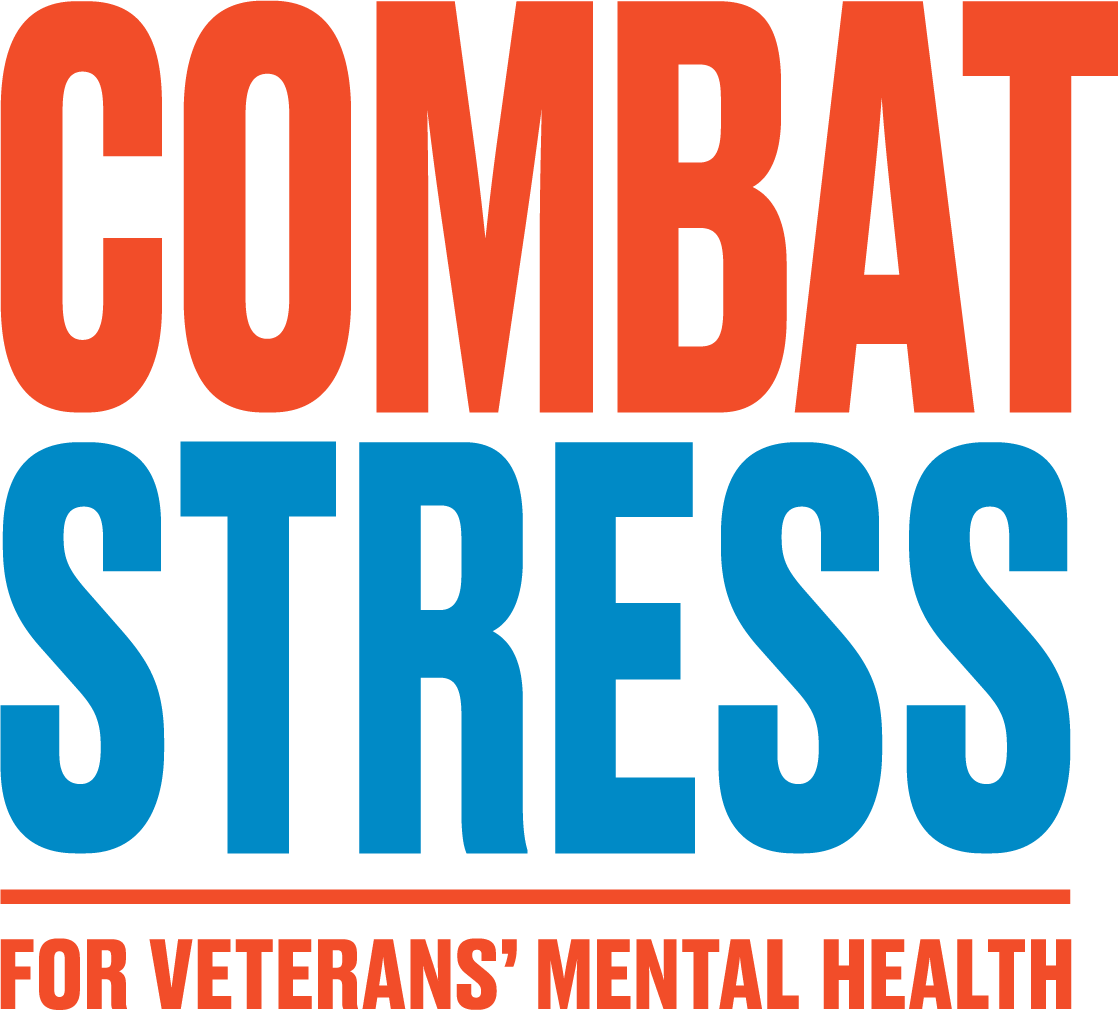Combat Stress has found that ex-servicemen and women receiving help from the charity in Scotland face higher levels of deprivation than those living in the rest of the UK.
Multiple deprivation in help-seeking UK veterans is a new research paper published on Tuesday 31 January by the leading mental health charity for veterans. It is the first study of its kind in the UK to explore experiences of deprivation in veterans with mental health issues.
- Survey of over 3,000 veterans registered with Combat Stress from across the UK found that Scottish veterans face greatest risk of deprivation.
- Veterans in Scotland registered with Combat Stress have higher levels of deprivation in income and employment than counterparts from other U.K nations.
- Half of Scottish veterans registered with Combat Stress live in the most deprived three areas of Scotland.
Combat Stress used the UK Government’s Index of Multiple Deprivation (IMD) – which measures different social and economic types of deprivations such as financial, health and education – to analyse a sample of over 3,000 veterans across the UK registered with the charity. The charity also used the Scottish Index of Multiple Deprivation, data collected by the Scottish Government in 2012.
Combat Stress’ report found that Scottish veterans with mental health conditions are at a greater risk of deprivation than those from elsewhere in the UK. Veterans in Scotland faced particularly high levels of deprivation in income and employment, and 50% of veterans were found to reside in the most deprived three deciles.
Sue Freeth, Chief Executive at Combat Stress, said:
“The findings from our new report highlight the significant challenges that Scottish veterans face.
“The 71% increase in referrals that we have experienced in the last five years illustrates the rising demand for Combat Stress’ services. We welcome support for veterans and our work from the Scottish Government, including the Scottish Veterans Fund.
“We hope that Government, support agencies and charities can work together to minimise the challenges faced by veterans who are already dealing with a range of complex issues.”
Combat Stress provides free specialist clinical treatment and support to ex-servicemen and women across the UK with mental health conditions. The charity treats conditions including Post Traumatic Stress Disorder (PTSD), depression and anxiety, and provides a range of free services including short-stay clinical treatment, a specialist PTSD Intensive Treatment Programme, occupational therapy, community support and a free 24-hour Helpline (0800 138 1619).
Key points:
The report explored demographics, multiple deprivation (using the IMD), military history and help-seeking from a national sample of UK veterans who were at all stages of treatment at Combat Stress. The sample comprised of 3,120 veterans who were all active clients of Combat Stress as of 1 February 2016 and had had an appointment with the charity in the preceding year.
- It takes the average veteran 11 years to seek help after leaving the military.
- Veterans with mental health issues are more likely to reside in areas of the UK with higher risks of deprivation.
- Scottish veterans face greatest risk of deprivation.
- The sample surveyed included 3,120 veterans who were all active clients of Combat stress as of 1 February 2016.
- In general there is an increased risk of experiencing multiple deprivations in veterans seeking help for mental health issues compared to the general public.
Notes to editors:
Combat Stress is the UK’s leading mental health charity for veterans. Founded in 1919, our work is as vital today as it was after the First World War.
More than 6,000 veterans across the UK are registered with us. Our youngest veteran is just 18 years old. Demand for our services is rising, over the past five years we have had almost 10,000 referrals – an increase of 71%.
On average it takes 12 years after leaving the military for veterans to contact Combat Stress for help, by which time their condition is often highly complex. However veterans of the Iraq and Afghanistan conflicts are coming to Combat Stress much sooner, within four and two years respectively.
We treat conditions including Post Traumatic Stress Disorder (PTSD), depression and anxiety. To help veterans rebuild their lives, we provide a range of free services:
- Short-stay clinical treatment at one of our treatment centres in Ayrshire, Shropshire and Surrey
- A specialist PTSD Intensive Treatment Programme – run at our three treatment centres
- Outpatients – assessment by psychiatrists and psychologists enables us to diagnose, define and deliver the treatment veterans require
- Occupational therapy – using meaningful and creative activity to encourage hope, wellbeing and recovery
- Community Teams – a UK-wide network of Community Teams providing treatment and practical support to veterans
- Reserve Forces Liaison Team – working directly with reservists and military staff, raising awareness of mental health issues in the Reserve Forces
- Substance Misuse Case Management Service – helping veterans to access the services for their drug and alcohol problems so their mental health issues can be addressed
- A 24-hour Helpline for veterans, serving personnel and families (0800 138 1619)
Useful links
Our website: combatstress.org.uk
On Twitter: @CombatStress
On Facebook: facebook.com/CombatStress
On LinkedIn: linkedin.com/company/combat-stress
Combat Stress, Registered Charity 206002; Registered Charity in Scotland SCO38828; Company Ltd by guarantee: 256353.

















